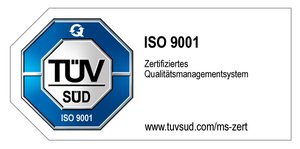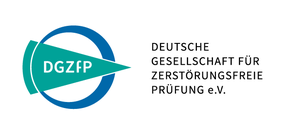Accuracy
In metrology and quality assurance, accuracy is a generic term. A measuring device is accurate if it has both a high precision and a high trueness. In EN 60051, the accuracy of a measuring instrument is defined as the "degree of agreement between the displayed value and the correct value". In the German-English version, VIM states: "'Measurement accuracy' is not a quantity and is not expressed quantitatively"; the term is only suitable for qualitative statements. Accuracy is a criterion for assessing the quality of a measurement or a measurement procedure. Precision and trueness are components of accuracy. Precision characterizes the spread of the obtained measured values, trueness describes how close the expected value is to a reference value (true or correct value). The accuracy of the values derived from a measurement cannot be greater than the accuracy of the measured values themselves. The accuracy increases with increasing number of measurements, when scattering measured values limit the accuracy. For linguistic reasons, it is better to use the terms inaccuracy, deviation, measurement error, etc., when making quantitative statements about accuracy.
We find the perfect solution for your project.
Contact us if you have questions to our services in the area of 3D metrology. We are looking forward supporting you in your success.



